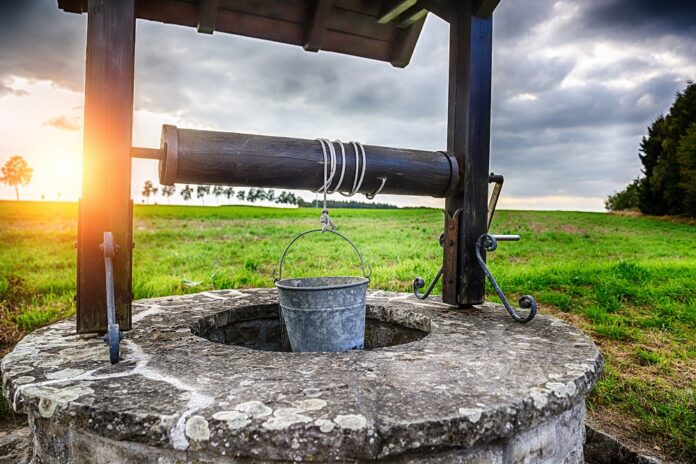Protecting our water sources is important for both human health and environmental health. Many people are unaware that a lot of the water that flows through our pipes comes from underground and not just from surface sources, such as rivers, lakes or oceans.
If you have a private well on your property, that’s especially true for you. However, private wells aren’t regulated for safety as public water systems are, so it is the owner’s responsibility to protect and monitor them.
The first step to protect groundwater is to keep it safe from contamination:
• Avoid using pesticides, fertilizers, fuel or other strong chemicals near the well.
• Maintain your septic system by pumping your tank every 3-5 years and watching for signs of system failure.
• Slope the land around the well to drain runoff away from the well.
• Don’t dispose of waste in dry or abandoned wells.
Learn more about protecting your well water on the U.S. Environmental Protection Agency (EPA) website.
Water is a limited resource, so the second step to protect groundwater is to use it wisely by not wasting it. Yu can save water when you:
• Repair dripping faucets and toilets.
• Choose water-efficient appliances.
• Don’t run the faucet when you’re not using it, like while brushing your teeth.
Learn more about conserving water at the Wellowner.org website.
It is recommended that you test your well water once a year. Also look out for changes in water quality, including taste, smell or appearance, which might indicate contaminated water.
To receive free well-water testing or inquire about other services, including well chlorination, reconstruction or closure, call the Dallas County Health Department at 515-993-3750.
Natalie Peters is the community health educator in the Dallas County Public Health Department.
















